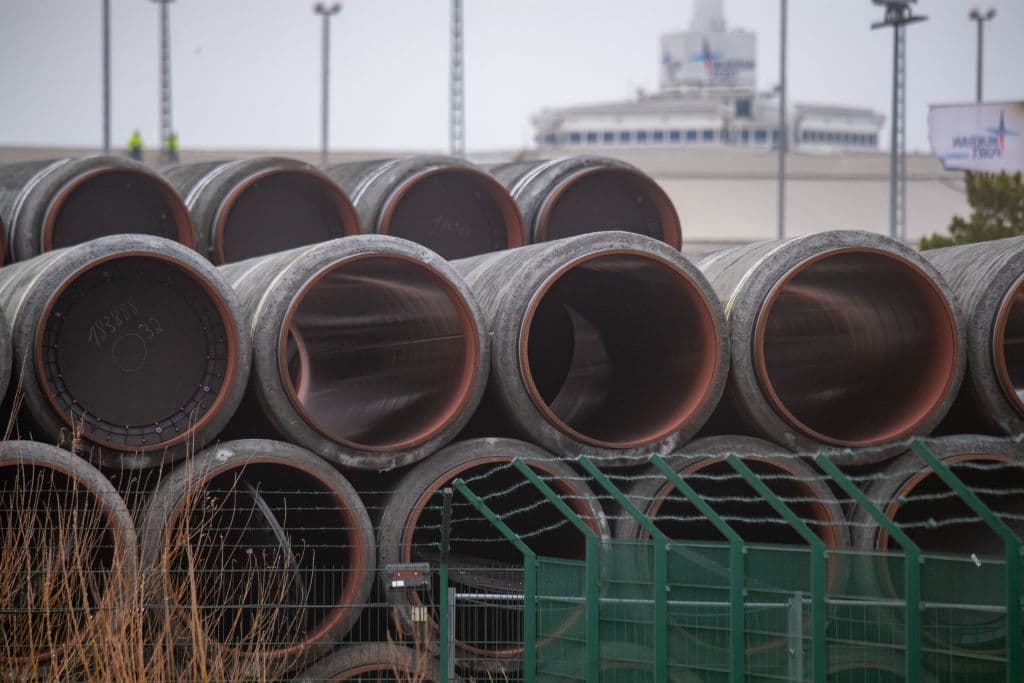Media: Boat used for Nord Stream attacks connected to Ukraine

German investigators have identified a boat allegedly used to sabotage Russian Nord Stream gas pipelines, suggesting it had been rented from a company owned by Ukrainians, according to a joint investigation by the German publications ARD, Kontraste, SWR, and Die Zeit published on March 7.
The Ukrainian authorities have denied Ukraine's alleged involvement in the explosions at the pipelines, which took place in September 2022.
According to the report, the attack in the Baltic Sea was conducted by a group of six people who are said to have brought explosives to the crime scene and planted them there.
The citizenship of the alleged saboteurs is unclear as they likely used forged documents. German investigators have not yet managed to find out who had ordered the attack, Die Zeit wrote.
Western intelligence services do not rule out that it could have been a false-flag operation to present Ukraine as the perpetrator, but German investigators have not found any evidence to support such a scenario, reads the report.
In September last year, four leaks were discovered in the Nord Stream 1 and 2 pipelines in the Baltic Sea, which had been built to supply natural gas from Russia to Europe. Following the leaks, several Western officials, including U.S. President Joe Biden, called them a "deliberate act of sabotage."
Ukraine and Poland blamed Russia for the attack, while Moscow accused the West of conducting the operation. Neither side has provided evidence to support the claims.
The sites of the explosions are located in the international waters of Denmark and Sweden, which are conducting separate investigations, as well as Germany.
On the same day, the New York Times reported, citing unidentified U.S. officials who reviewed new intelligence, that a "pro-Ukrainian group" likely consisting of Russian or/and Ukrainian nationals might have carried out the attack on the Nord Stream gas pipelines.
The intelligence suggests that the group included opponents of Russian dictator Vladimir Putin, but there is no evidence of any government's involvement in the sabotage.
The explosives were allegedly planted on the Nord Stream pipelines by experienced divers who did not work for the military or intelligence services, "but it is possible that the perpetrators received specialized government training in the past," the publication wrote.
The NYT sources refused to disclose the nature of the intelligence, the methods of obtaining it, or any details regarding the weight of the evidence they contain, adding they didn't have firm conclusions regarding sabotage at Nord Stream pipelines.
Mykhailo Podoliak, an advisor to Ukraine's presidential administration, responded to the New York Times report, saying that the country was not involved in the explosions on the Russian gas pipelines and didn't have information about any pro-Ukrainian agents who could have done it.
Germany and the United States called for waiting for the official results of the investigations into the Nord Stream sabotage, Reuters reported.
"We do believe, and the president has said this, that it is an act of sabotage. But we need to let these investigations conclude, and only then should we be looking at what follow-on actions might or may not be appropriate," said White House spokesperson John Kirby.










